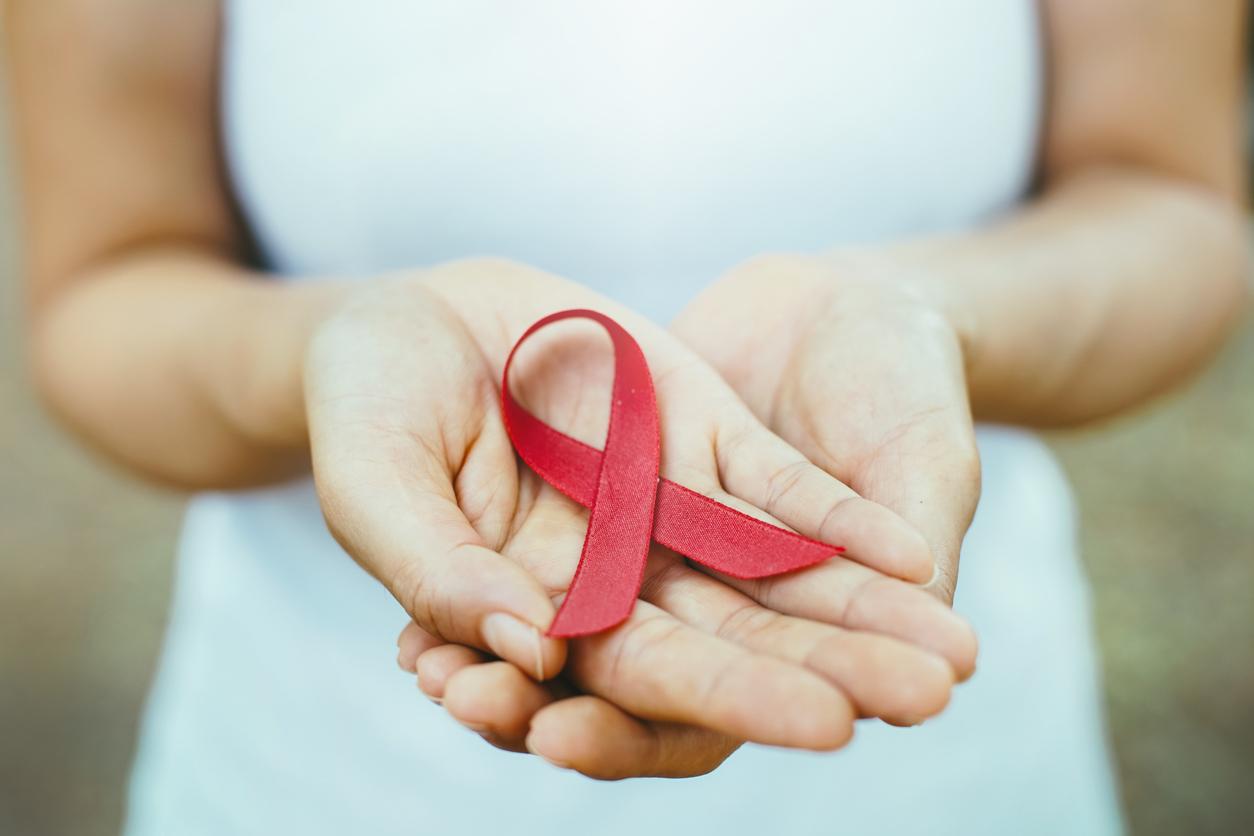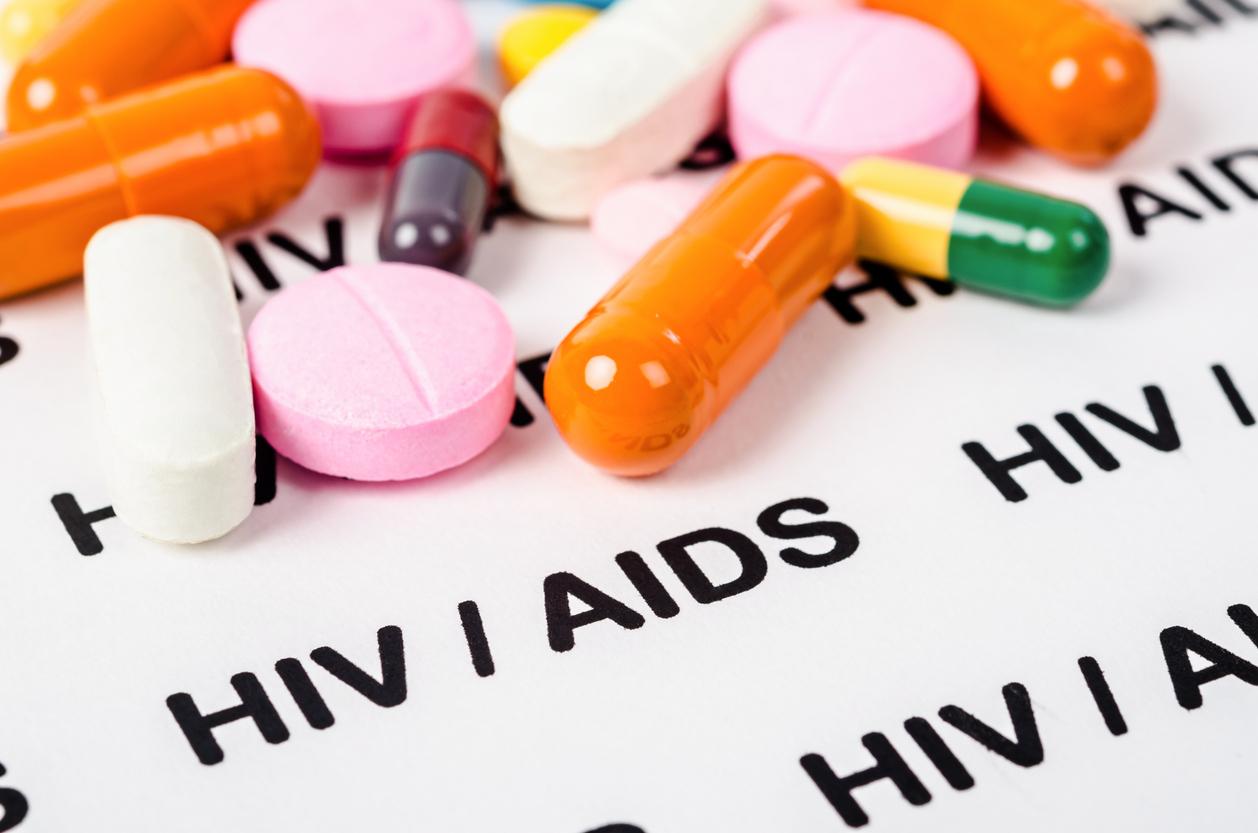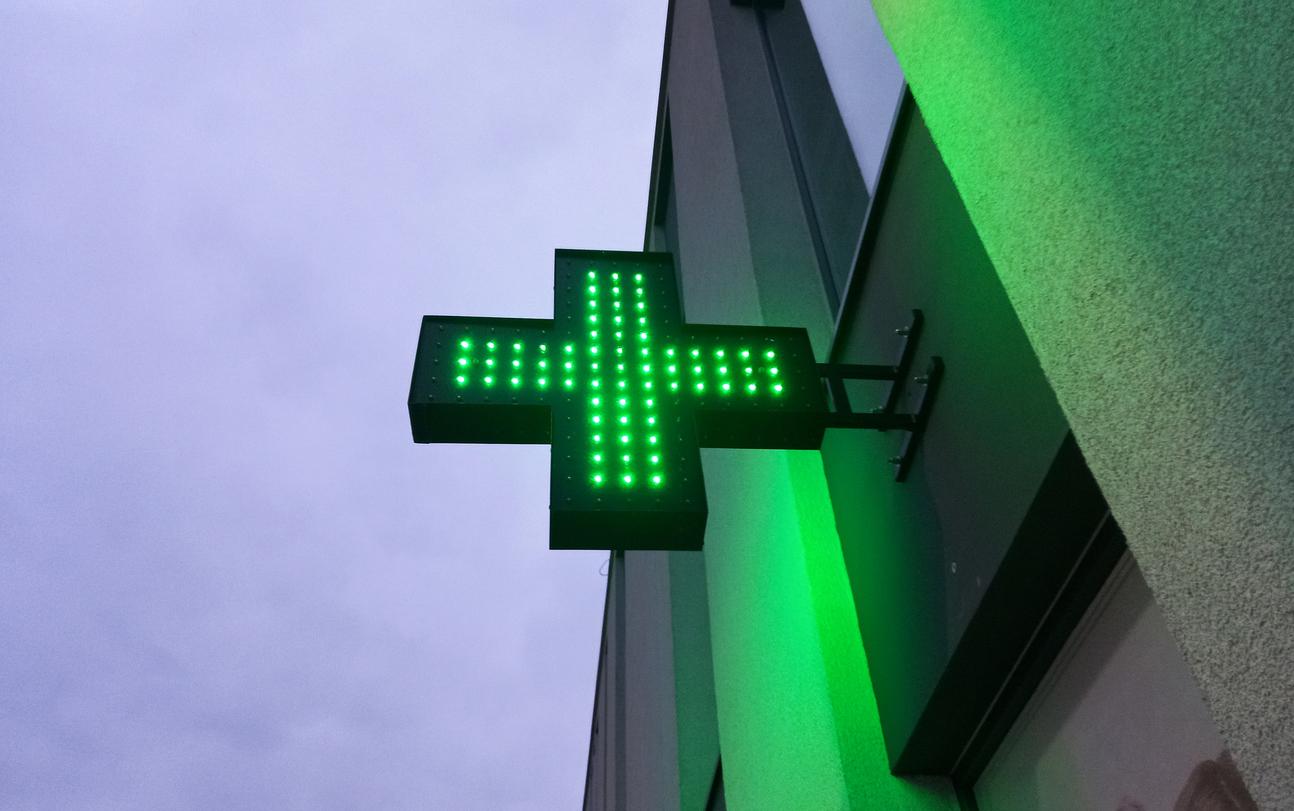American doctors presented on Wednesday a second case of a child born with HIV, treated very early with antiretrovirals, for which the virus is now completely undetectable.

The hope of total remission in children born with HIV with early treatment is becoming clearer. Researchers presented this Wednesday at the Conference on Retroviruses and Opportunistic Infections 2014 (CROI), a second case of a child treated very early, still under antiretroviral treatment, but for which the virus is now undetectable by all techniques.
No viral load nine months later
This child, in the care of the pediatric department at the University of California at Los Angeles, was born to an HIV-positive mother whose viral load was high. HIV infection was confirmed at its fourth hour by detection of viral DNA and RNA in peripheral blood. The antiretroviral treatment started immediately. From its sixth day, the viral RNA was undetectable in the plasma and it did not vary until the last assessment of the child carried out at its 9 months.
Today, the child is still on triple therapy. But unlike the first case reported last year, no proviral DNA is detectable.
First case of remission: baby from Mississippi is doing well
“The Mississippi Baby,” as he’s known across the Atlantic, is still in remission after 21 months without antiretrovirals. He is now 39 months old.
Deborah Persaud, from Johns Hopkins University in Baltimore, who presented at the International AIDS Conference in 2013 (CROI) the case of this child infected with HIV at birth, no longer wishes to speak of “functional healing” but rather of “remission”. This case was described in October 2013 in the New England Journal of Medicine.
A study to confirm these first two cases
Finally, the latter specified at the CROI 2014 that a study should be initiated within two or three months to find out whether discontinuation of treatment can be considered in children treated very early after birth and whose viral load remains undetectable for several months.
According to Dr Deborah Persaud, this study should include around fifty newborns who will be put on antiretrovirals within 48 hours after birth, once their viral infection has been confirmed. The treatments will then be stopped “under very close monitoring” at 2 years, if the viral load has been maintained at an undetectable level.
X
.















